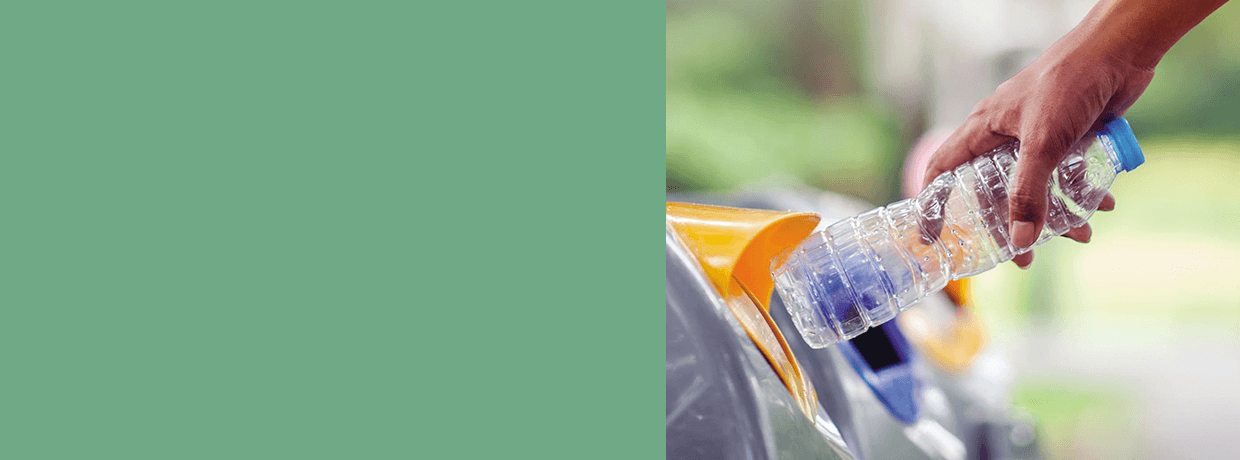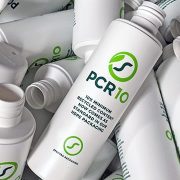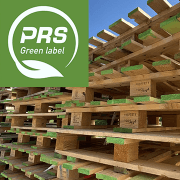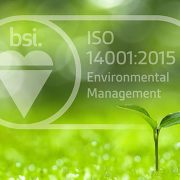As the company continues to develop environmental alternatives for brands looking for sustainable solutions, PCR orders are on the rise, according to the firm’s Sales Director, Jonathan Powell.
Jonathan commented, “Encouragingly, we’re seeing a growing demand for recycled content from customer’s looking for packaging that reduces environmental impact. Current trends suggest customers are buying into the sustainable benefits of PCR”.
Available in both HDPE and PET, PCR provides a sustainable pack that can be recycled again, minimising or replacing the use of virgin materials to make responsible use of recycled waste that would otherwise go to landfill sites.
However, the benefits don’t just stop there. Because PCR has already been initially processed from fossil fuel to plastic, the reuse of that plastic into a new PCR bottle doesn’t require any further depletion of new fossil fuels. In many cases, this provides a closed-loop packaging solution or at least, an open-loop opportunity for other uses.
Jonathan pointed out, “Recycled options are proving increasingly popular with customers because it’s an environmental strategy that the consumer can easily understand”.
Production of PCR begins with the collection and sorting of recycled plastics in commercial and residential recycling programs. The discarded plastics are ground, washed, dried, and pelletised ready to be used again. The materials are then stringently monitored by Spectra to offer reassurance and traceability, something they regard as a critical factor in the process.
Spectra’s PCR products can be made available in varying let-down strengths, including 30%, 50% and 100%, which gives customers an ideal degree of flexibility when deciding what levels of recycled and virgin are best suited to their needs.
Looking to force the issue and actively encourage more and more customers to embrace the environmental benefits of recycled content, 2018 saw the launch of Spectra’s PCR10 scheme. This bold mandatory initiative saw the company commit to a standard 10% inclusion rate on all of its manufactured products, drawing widespread approval from many of its customers.
Although the use of PCR is seen by many within the packaging industry as a massive step towards reducing virgin usage, there will always be the potential for some colour variations from batch to batch, especially when using higher let-down rates. Although PCR originates from discarded uncoloured virgin products, these materials can contain contaminants such as caps, tamper-evident rings and labels, that include colour, which can contribute towards colour variation.
However, Jonathan was quick to offer reassurance by saying, “Whenever any of our customers look at moving to recycled plastics, we will always provide expert advice and extensive testing to ensure they are happy with the end result”.
He went on to add, “The undeniable sustainable benefits, coupled with our commitment to ensure no compromise on quality and design, has proved hugely popular with brands looking to take the environmental leap and long may that continue”.
To find out more about Spectra’s environmental packaging solutions or PCR, call us on 01986 834190.






